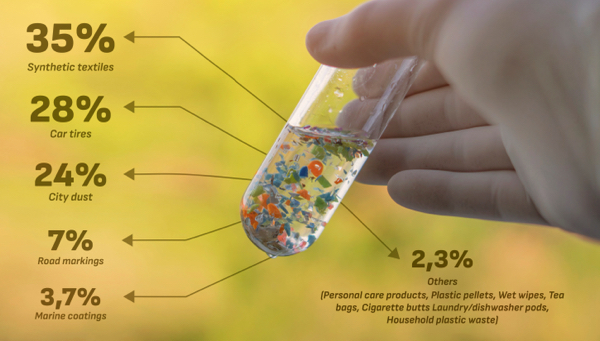
Breaking News
 Meet The Heroes That Gave Their Own Lives To Save Others During The Texas Flood
Meet The Heroes That Gave Their Own Lives To Save Others During The Texas Flood
 Scientists Reverse Parkinson's Symptoms in Mice: 'We were astonished by the success'
Scientists Reverse Parkinson's Symptoms in Mice: 'We were astonished by the success'
 America Is A Great Nation And A Work-In-Progress | Something To Stand For #60 | The Way I Heard It
America Is A Great Nation And A Work-In-Progress | Something To Stand For #60 | The Way I Heard It
 Centuries of hidden evidence: Vaccines' neurological toll revealed
Centuries of hidden evidence: Vaccines' neurological toll revealed
Top Tech News
 Insulator Becomes Conducting Semiconductor And Could Make Superelastic Silicone Solar Panels
Insulator Becomes Conducting Semiconductor And Could Make Superelastic Silicone Solar Panels
 Slate Truck's Under $20,000 Price Tag Just Became A Political Casualty
Slate Truck's Under $20,000 Price Tag Just Became A Political Casualty
 Wisdom Teeth Contain Unique Stem Cell That Can Form Cartilage, Neurons, and Heart Tissue
Wisdom Teeth Contain Unique Stem Cell That Can Form Cartilage, Neurons, and Heart Tissue
 Hay fever breakthrough: 'Molecular shield' blocks allergy trigger at the site
Hay fever breakthrough: 'Molecular shield' blocks allergy trigger at the site
 AI Getting Better at Medical Diagnosis
AI Getting Better at Medical Diagnosis
 Tesla Starting Integration of XAI Grok With Cars in Week or So
Tesla Starting Integration of XAI Grok With Cars in Week or So
 Bifacial Solar Panels: Everything You NEED to Know Before You Buy
Bifacial Solar Panels: Everything You NEED to Know Before You Buy
 INVASION of the TOXIC FOOD DYES:
INVASION of the TOXIC FOOD DYES:
 Let's Test a Mr Robot Attack on the New Thunderbird for Mobile
Let's Test a Mr Robot Attack on the New Thunderbird for Mobile
 Facial Recognition - Another Expanding Wolf in Sheep's Clothing Technology
Facial Recognition - Another Expanding Wolf in Sheep's Clothing Technology
A new era in regulating "forever chemicals": EPA's PFAS crackdown and the rise of sust

The U.S. Environmental Protection Agency (EPA) has ordered Inhance Technologies, a major manufacturer of plastic containers, to stop producing packaging laced with PFAS—or per- and polyfluoroalkyl substances—the so-called "forever chemicals" linked to severe health and environmental harm. This action follows growing evidence that PFAS, commonly used to make packaging grease-resistant, leach into food, contaminate ecosystems and accumulate in human bodies. The EPA's move has intensified debates over whether regulators are finally prioritizing public health over industry interests. Concurrently, breakthroughs in fluorine-free materials, such as a new ferroelectric polymer from Case Western Reserve University, offer hopes for safer, sustainable alternatives.
The EPA's PFAS policy shift: A long time coming?
The EPA's directive, announced on February 6, 2025, targets Inhance Technologies, whose plastic containers, often used in fast food and takeout, were found to contain PFAS. These chemicals, called "forever" because they persist in the environment and human bodies, have been tied to cancer, immune disorders and organ damage in numerous studies. The agency's sudden crackdown follows years of criticism from environmental groups, which argue the EPA delayed stricter PFAS regulations under industry pressure.
"This is a critical step, but it's only the beginning," said Olga Naidenko, senior science advisor at the Environmental Working Group. "The EPA must now focus on a full phaseout of PFAS in consumer products, not incremental bans."
The decision comes amid mounting global scrutiny. In 2026, the European Union will implement a ban on PFAS in food packaging under its Packaging and Packaging Waste Regulation (PPWR), while U.S. states like California and New York have already enacted bans. However, experts warn that without unified federal action, consumers will remain at risk.
Science breakthrough: Fluorine-free polymers shine new light
In parallel with regulatory shifts, scientists are racing to develop PFAS-free alternatives. Researchers at Case Western Reserve University recently unveiled a new polymer that avoids fluorine entirely while retaining flexible electronic properties. The material, called FE-2SO2P, could revolutionize fields like wearable sensors and bioengineering.



